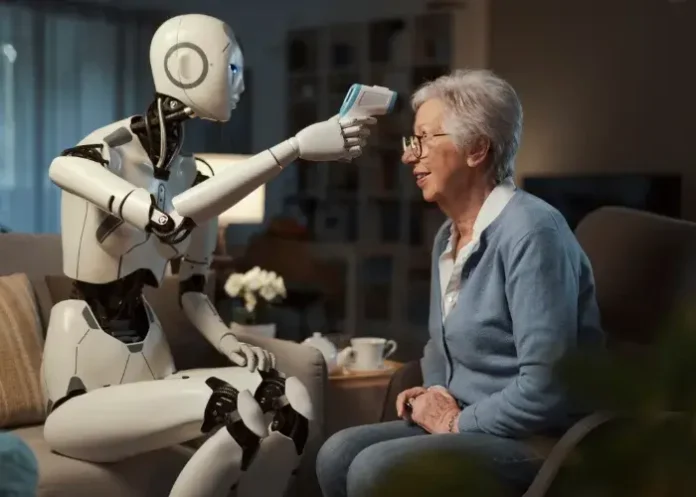Introduction Advances in AI and Medicine
The present findings sensationally unveils a troubling claim that a specially polished AI bot known as ChatGPT has in fact beaten out the human doctors in diagnosing illnesses. The facts reveal both problems medical professionals are facing when including these artificial means to their activities, and potential benefits of AI in health care.
Case in Point
Carried out by Dr. Adam Rodman and Beth Israel Deaconess Medical Center’s colleagues in Boston.
Usual protocol modified for recruiting participating subjects i.e. the ChatGPT, 4 of interest for this study.
Consumers, all of them doctors, who were granted access to ChatGPT in conjunction with the usual sources of information were the subjects recruited for the study.
Results
Compliance figures: These include the compliance figures; Improved data.
Of note is that ChatGPT-4 did record an average accuracy rate of 90 percent thus performing remarkably well.
Among doctors taking full advantage of ChatGPT, the so-called mean score stood at 76 percent.
For doctors using ChatGPT’s assistance nay, the sad reality of average performance came in suboptimal at 74 percent.
Unexpectedly
Many physicians also exhibited a high level of self-confidence in their diagnoses and at most instances declined the recommendations of the bot which ideally could have resulted in better outcomes.
In the course of the study, a gap came out that there is a lack of understanding among medics on where to use as well as where not to use the AI technologies.
Recommendations Regarding Medical Practice
Experts in the field encourage medical professionals specifically practitioners to use AI but of course with the right training which seems to be lacking in many of them.
On the other hand, Dr. Rodman proposed the application of AI as a doctor extender, rendering the use of instruments like computers to render a critical second medical opinion which will add to the present status of the diagnosis enabled by his own or another professional’s clinical reasoning.
Conclusion
This research reiterates the need for medical education to evolve and include AI: By recognizing and embracing such tools as ChatGPT, it is possible that healthcare professionals can be more accurate in making diagnoses. Consequently, patients will be in a better position to experience better care, and health care costs will decrease.

